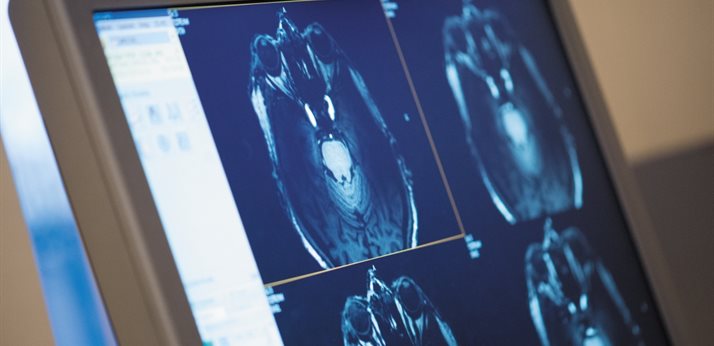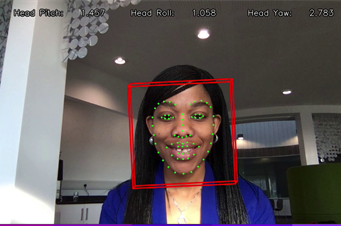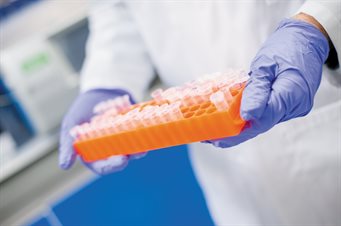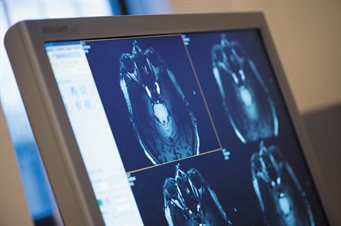Artificial intelligence and data analysis

Artificial intelligence and data analysis have immense potential for improving healthcare, complementing expert clinical knowledge to increase speed and efficiency of diagnosis and care, reducing healthcare costs and enabling personalised medicine.
Artificial intelligence capabilities

Our research capabilities cover many technical disciplines, from motion analysis, image segmentation to shape and object analysis. These have been applied in diverse clinical areas.
Data analysis capabilities

Using a wide variety of computational techniques, including data mining, pattern analysis and fuzzy logic, we turn data into information to support clinicians in diagnostics and decision making.
Medicine identification

A partnership between the Universities of Nottingham and Strathclyde and GSK will accelerate research into the discovery of new medicines, using AI and machine-learning technologies for the efficient identification of next generation medicines.
The five-year ESPRC funded programme will see the partners deliver a new suite of methods and approaches to tackle some of the major challenges in the discovery, development, and manufacture of medicines. The total project funding is £12.9 million, including a £5.5 million grant award from the EPSRC.
The research programme aims to enable the production of transformative medicines at lower costs with reduced waste production and shorter time for manufacture.
Researchers will apply cutting edge Artificial Intelligence and machine-learning technologies to the efficient identification of next generation medicines.
Read more in the press release - July 2019
Digital pathology

The University and NHS partners are working on major initiatives to develop and use artificial intelligence for disease diagnosis and treatment optimisation.
Preventative healthcare

We have developed and tested a system of computer-based machine learning algorithms to predict the risk of early death due to chronic disease in a large middle-aged population.
This will allow personalised preventative medicine and risk management for patients.
Read more in the press release
Experts: Dr Stephen Weng, Professor Joe Kai